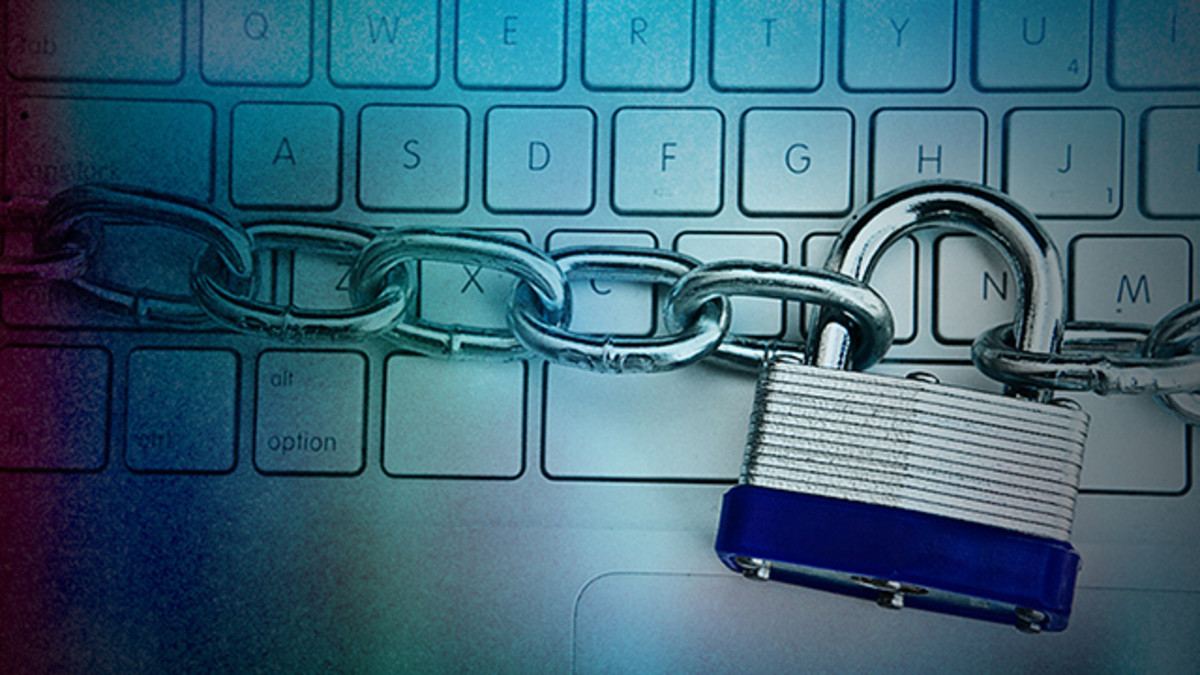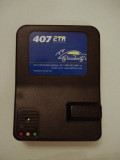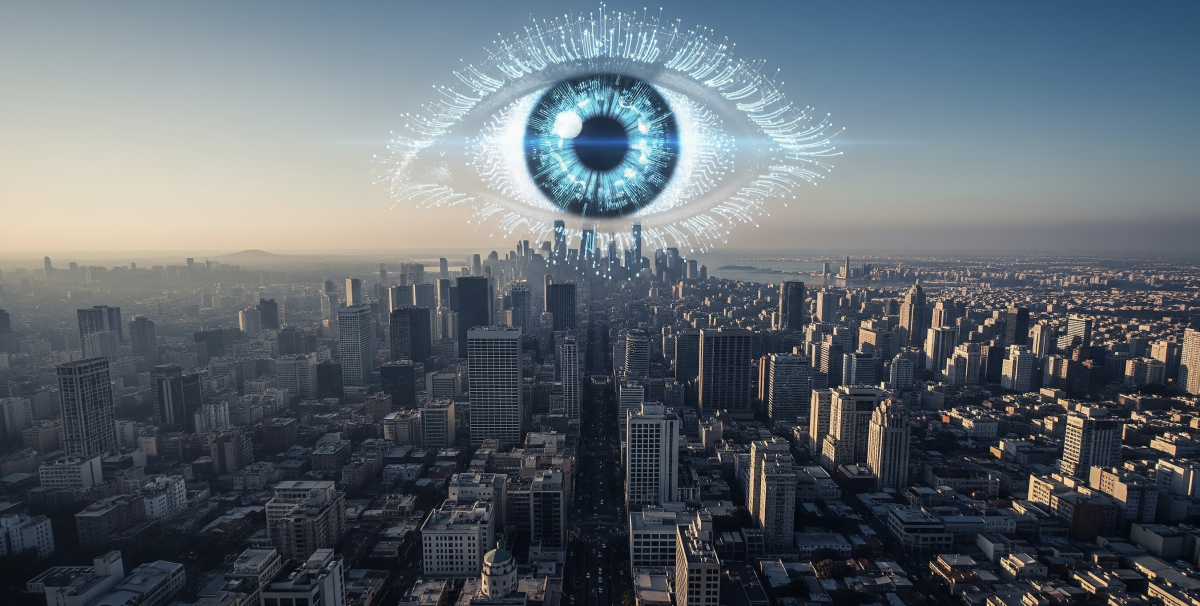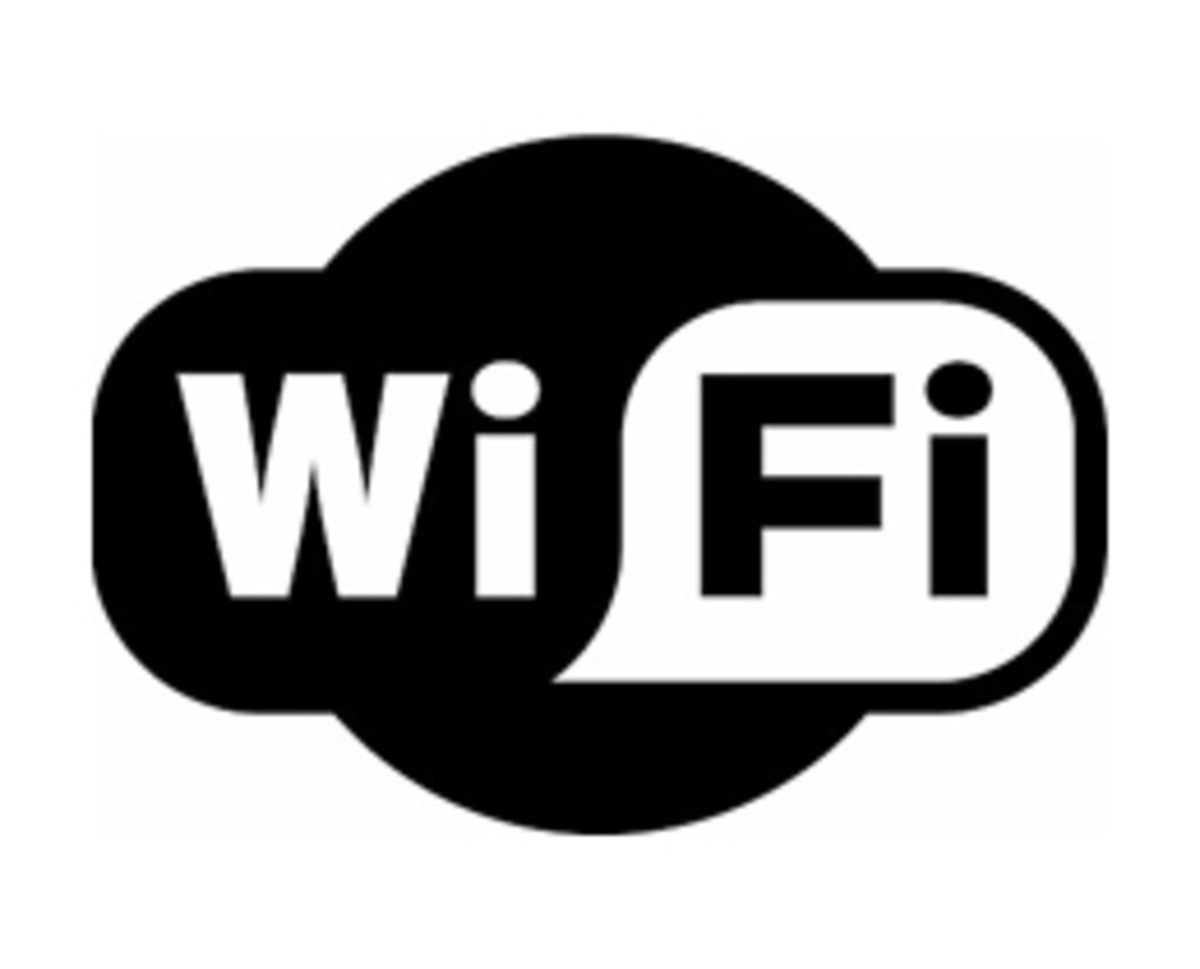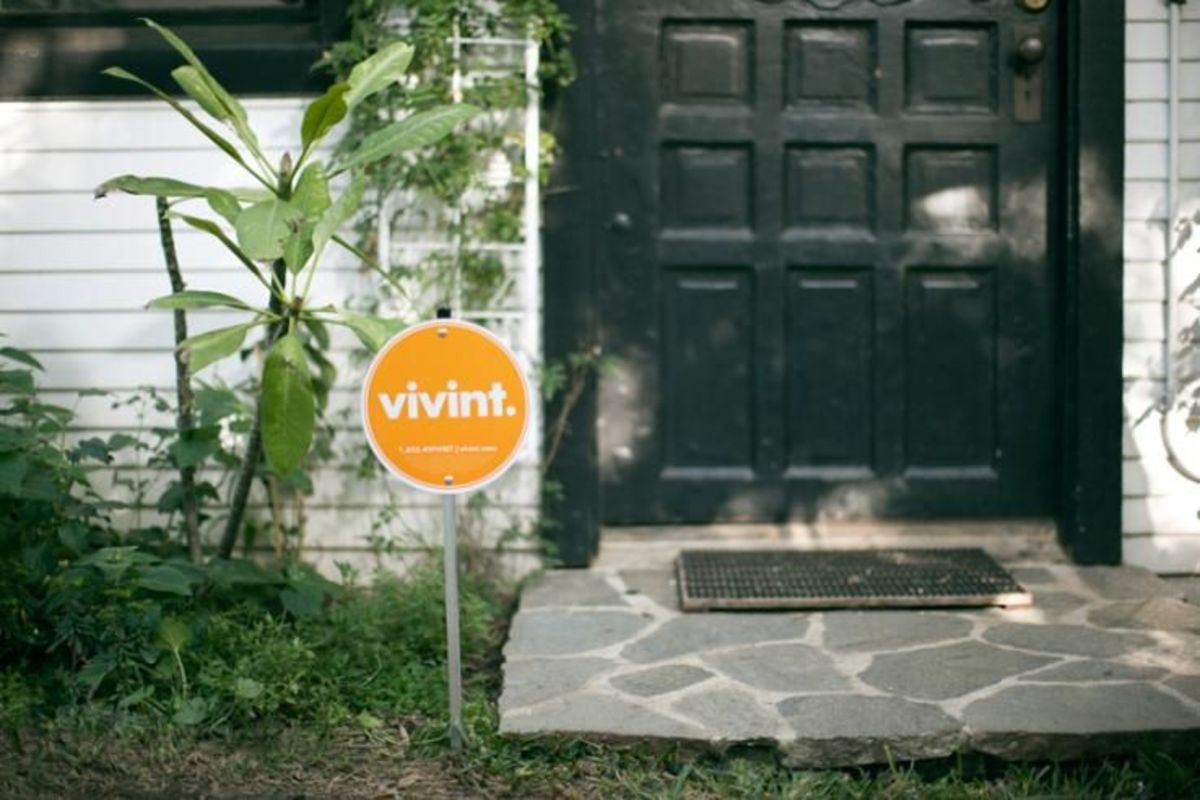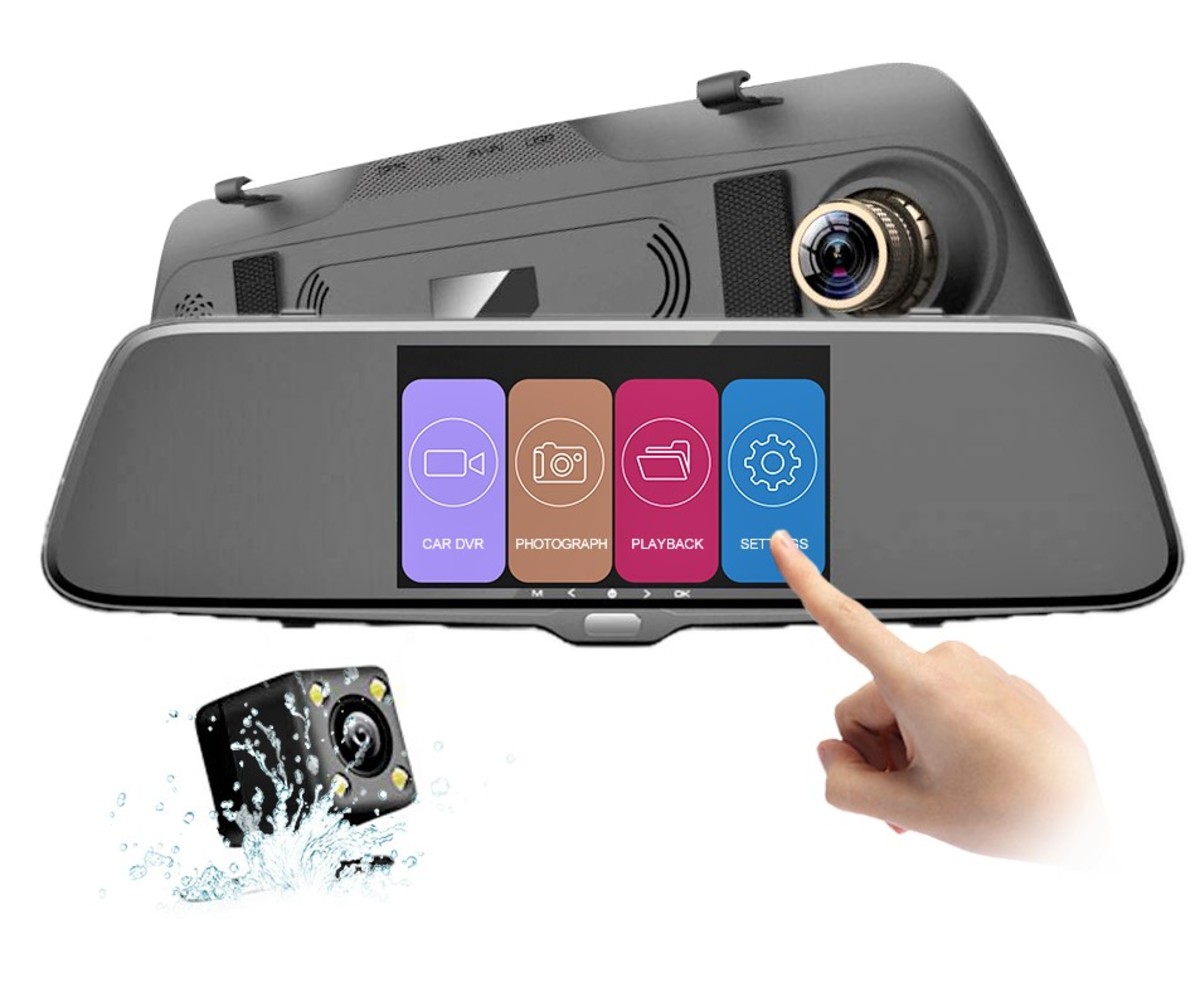RFID Blocking and Personal Privacy
Stop RFID
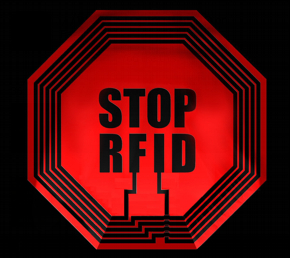
Protect Your Personal ID Information
As more and more forms of ID and credit cards get radio frequency identification chips put in them, it's becoming easier to not only access our own data but to have that data stolen. It can be extremely convenient to just swipe or wave a card to do business but how do you feel about someone being able to get all your information just as quickly and quietly?
Imagine someone walking past you and suddenly having a copy of all the information stored on your credit card? How do you feel about the idea of total strangers (or the government) being able to follow you down the street and see where you go and what you do all day? Those are the darker and less convenient concepts that arise from the application of RFID to everyday objects and items. On the good side, it makes for ease of transactions and allow a lot of information to be stored in the smallest of spaces. On the bad side, it's broadcasting that information to anyone who has the means to read it.
RFID-Secure Passport Holder

What Would An RFID-Open World Be Like?
Did you ever see the movie "Minority Report?" There's a scene where Tom Cruise's character has been given another human being's eyeballs so that his retina scans make him appear to be someone else. When he walks through a mall, billboards and holograms come to life, scanning his eyes, pitching him products and greeting him as this other person.
RFID can work much in the same way. It allows information to be read and tracked remotely, which could be used to identify things or pinpoint location. The military has been debating whether or not to embed RFID chips into dog tags, which would allow medics to get a soldier's full medical history instead of just the most basic ID information. However, with the right kind of tag reader, it might be possible for the enemy force to read those tags, not only being able to find solider's in the field but gain detailed information about each soldier.
How would you feel if you walked into a store and the employees immediately knew your name without asking you and knew every product you'd ever bought from them, what your size was and started to try and sell things to you based on all that information instead of you making the choice?
In an emergency, most people like the idea of help being able to find them quickly... but what if there was no emergency? What if someone could just track you because they felt like seeing where you were and what you were doing?
RFID and Blocker Issues
- E-ZPasses Get Read All Over New York (Not Just At Toll Booths) - Forbes
A New Jersey man did an analysis of the many ways his car could be tracked and stumbled upon something rather interesting: his E-ZPass, which he obtained for the purpose of paying tolls, was being used to track his car in unexpected places, far away - Trash bins in London are stalking you - Loss of Privacy
How would you feel if the sidewalk garbage can knew who you were and not only advertised to you, but told other garbage cans you were coming? It's not science fiction, it's present-day London! - DIY RFID shielded wallet keeps data thieves at bay
With just a few simple materials, and a sturdy wallet, you can make your own shielded wallet or billfold. - Ross Randomly Rants: A bad use for RFID
It's really just a fancy barcode that can be read without the holder's knowledge, and at a distance.
RFID Blocking Purse

How To "Faraday Cage" Your Phone
Where is RFID being used?
RFID can be implemented just about anywhere these days. Here are just a few examples of the more common uses:
- Automatic toll bridge "fast passes" for cars.
- Credit cards
- Identification of pallets and containers in warehouses
- Keyless devices for automobiles
- Passports
- Timers for participants in marathons and sports events
- Identity badges at companies and hospitals
More and more uses for RFID chips are being explored all the time. Different companies and groups are looking into ideas like using RFID to track golf balls (hey, that sounds sort of good) and firearms (hmmm, could be good or bad) and surgical implants (wait, isn't that just like that movie "Repo Men" where they hunted people down and ripped out their artificial organs when people couldn't keep up with the payment plan?)
About Skimmers
- How An RFID Skimmers Works
This article explains how radio-frequency identification "skimmers" work, and how they can read the ID you are carrying. - Wireless identity theft - Wikipedia, the free encyclopedia
RFID identity theft, is a form of identity theft described as "the act of compromising an individual's personal identifying information using wireless (radio frequency) mechanics."
Paint Out RFID Signals

What to do about Radio Frequency Tracking?
The most important thing you can do about RFID safety is to be aware of just what devices and items in your life are using this technology. Knowing what you are carrying or using that is embedded with radio frequency identification information about you is key to being able to protect or manage that data.
If you have concerns about RFID theft, you may wish to limit the amount of this technology that you have in your life. Be aware that you may come up against instances where the situation is moving to convert entirely to using these devices (bridge and road tolls, or passports) and that you may not be able to avoid them entirely without making a large change in your behavior or giving up personal freedom.
Adopt methods to manage and control the RFID devices that are in your life. Protect passports when you traveling. Keep the bridge toll fast pass in a shielding pouch in the glove box of the car when it's not needed for day-to-day driving. Reduce the number of credit cards you have and shield the one or two you keep with an appropriate wallet or purse liner.
And if you want to go "all the way," there are a couple of technologies you can consider. You can get an RFID shielding paint that will block cell phone and other signals. It's pricey but if you want a quiet family dinner without anyone's cell phone interrupting, it's a thought for when you redo the dining room decor. There is also a Wi-Fi/signal-blocking wallpaper that is being developed which supposedly will become available in early 2013 which can work to contain or block electromagnetic signals (as you choose).



